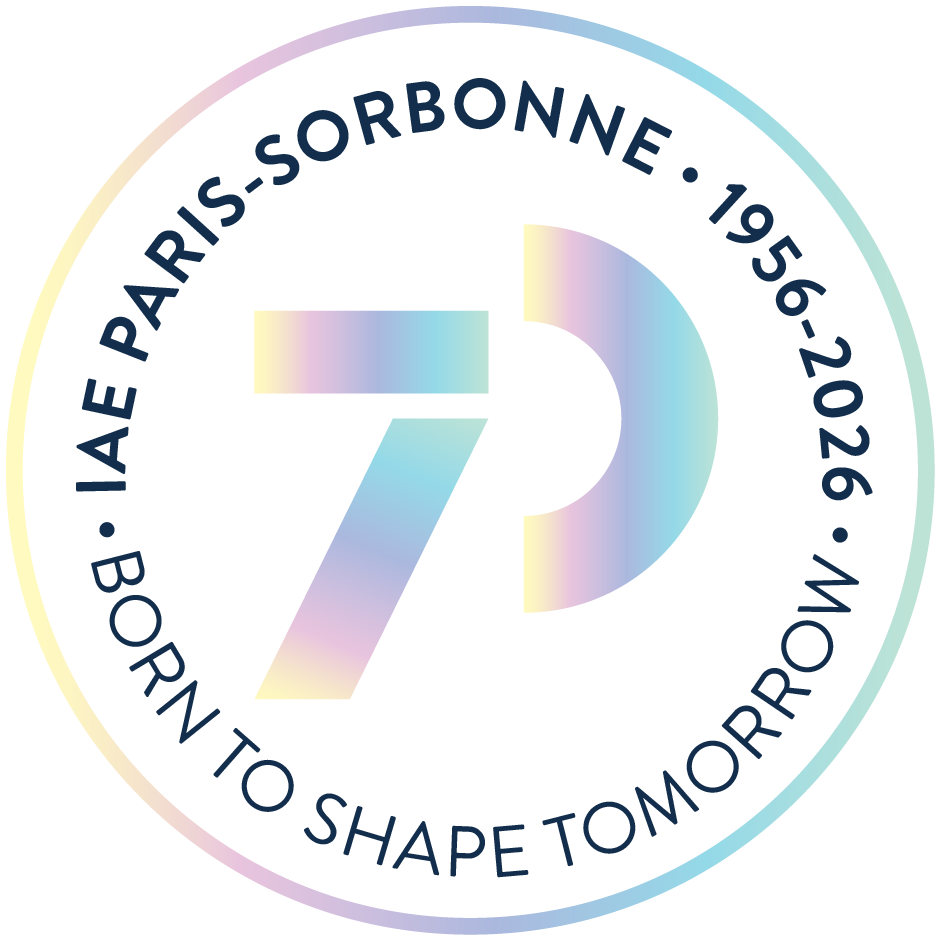Find the new article by Jean-Loup Richet, Senior Lecturer at the Sorbonne Business School, Béatrice Parguel, CNRS Research Fellow, Université Paris Dauphine-PSL, Camille Cornudet, Senior Lecturer at Université Paris Nanterre, Fabienne Berger-Rémy, HDR Lecturer at Université Paris Dauphine-PSL and Marie-Ève Laporte, Professor at Université Paris-Saclay!
Boosted by the popularity of Yuka and Open Food Facts, food scanning apps are experiencing a real craze. A study analyzes the reasons behind the success of these digital tools, which provide nutritional information perceived as more independent than that present on packaging and delivered either by public authorities (for example, the Nutri-Score scale) or by brands.
The public's trust in authorities and major food manufacturers is eroding, and one phenomenon bears witness to this: the dazzling success of food scanning apps. These digital tools, such as Yuka or Open Food Facts, offer an alternative to official nutrition labels by evaluating products using open collaborative data; they are thus perceived as more independent than official systems.
As proof of their success, we learn in the fall of 2025 that the Yuka app (created in France in 2017, ed. note) is now popular in the United States too.
Robert Francis Kennedy Jr, the Trump administration's health secretary, is said to be a claimed user.
An investigation around sources of nutritional information
The source of information appears essential in an age of mistrust. This is confirmed by our survey published in Psychology & Marketing. In an initial exploratory phase, 86 people were questioned around their uses of food scanning apps, which enabled us to confirm the craze for the Yuka app.
We then conducted a quantitative content analysis of over 16,000 online reviews specifically about Yuka and, finally, measured the effect of two types of nutritional signals (either affixed to the front of Nutri-Score-type packaging, or obtained using a food scanning app like Yuka).
The results of our survey reveal that 77% of participants associate official nutrition labels (such as Nutri-Score) with the big players in the food industry, while only 27% perceive scanning apps as emanating from these dominants.
